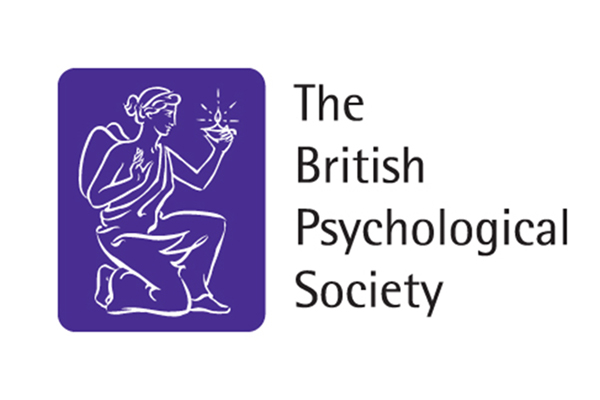Entry Requirements
First or upper second class honours degree in psychology. All offers made to those still completing their BSc are contingent upon the applicant meeting these requirements.
To use the MSc in Forensic Psychology as Stage 1 in the route towards becoming a Chartered Forensic Psychologist, an essential pre-requisite is that you must be eligible for Graduate Basis for Chartered Membership (GBC) with the British Psychological Society.
This means that you will have undertaken an undergraduate degree in psychology approved by the British Psychological Society. Those without an approved psychology degree must undertake a BPS accredited conversion course, before stage two training can begin.
Whilst the conversion course can be undertaken after the MSc, completion of the MSc assumes a base level knowledge of psychological theory. Therefore, applications without a BPS accredited psychology degree should consider undertaking the conversion prior to the completion of the MSc. However, some individuals without GBC may choose to take the MSc to further their understanding of Forensic Psychology but should be aware that the course could not then be used to work towards Chartership as a Forensic Psychologist.
You should normally have at least an upper second class degree in psychology. It is helpful if you have experience (voluntary or paid) working in a forensically relevant area or have undertaken a research project relevant to the forensic psychology field.
If you have studied outside of the UK, and are unsure whether your qualification meets the above requirements, please visit our country pages:
https://www.lincoln.ac.uk/studywithus/internationalstudents/entryrequirementsandyourcountry/ for information on equivalent qualifications.
Overseas students will be required to demonstrate English language proficiency equivalent to IELTS 6.0 overall, with a minimum of 5.5 in each element. For information regarding other English language qualifications we accept, please visit the English Requirements page https://www.lincoln.ac.uk/studywithus/internationalstudents/englishlanguagerequirementsandsupport/englishlanguagerequirements/
If you do not meet the above IELTS requirements, you may be able to take part in one of our Pre-session English and Academic Study Skills courses.
https://www.lincoln.ac.uk/studywithus/internationalstudents/englishlanguagerequirementsandsupport/pre-sessionalenglishandacademicstudyskills/
These specialist courses are designed to help students meet the English language requirements for their intended programme of study.






